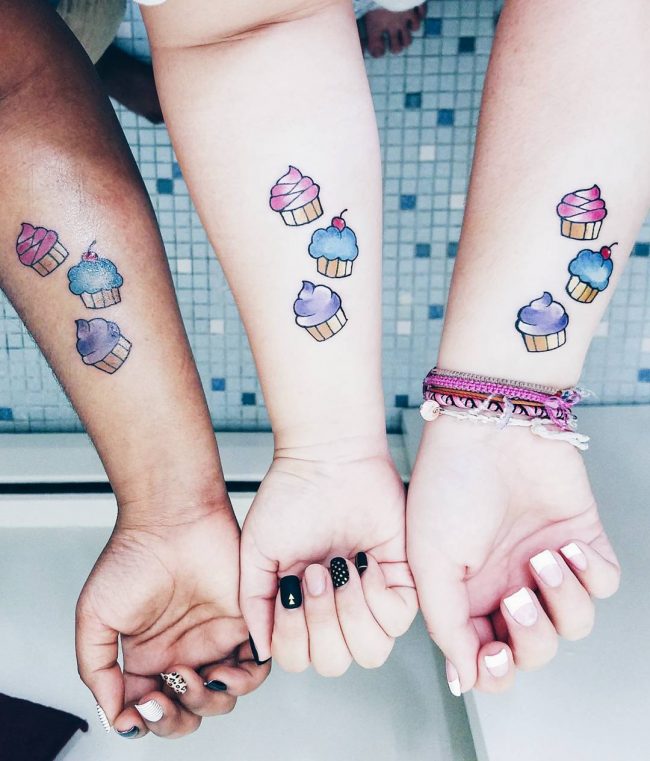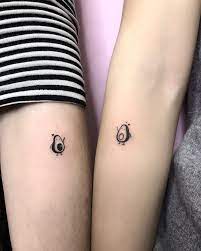
An initial tattoo may become red and inflamed shortly after its application; this is normal and will worsen over time. However, if the redness persists for longer than seven days or is accompanied by fever, nausea, or foul-smelling discharge, this could indicate infection and immediate medical attention should be sought.
Irritation
Tattoo redness results from the skin’s reaction to ink as a foreign invader. Newer Tattoos may cause additional irritation due to tight clothing, friction, or excessive sweating, leading to skin cell inflammation. If itching is an issue, try applying lotion to soothe the area. If the itching persists or is accompanied by other signs of infection, seek medical assistance immediately.
Allergies
Allergies can cause redness and itchiness around your tattoo. Some allergies may be very severe and should be addressed by consulting a doctor or dermatologist. Minor allergic reactions may only require antihistamines or an anti-itch cream to relieve symptoms, while in more severe instances, your physician or dermatologist may need to prescribe more vital medication or antibiotics for the symptoms to subside. Tattoo inks contain pigments, dyes, metallic substances, and other chemicals that can irritate the skin. Some inks contain mercury or cadmium, which may trigger an allergic reaction in some individuals. In severe cases, symptoms may include ecchymoses, swelling, dermatitis, itching, flaking, ulceration, and co-infection, often caused by the red tattoo pigment.
Infection
Tattoos are an increasingly popular way of expressing oneself, but some infections may cause your tattoo to turn red and inflamed, necessitating immediate medical advice. Minor ailments caught early can heal without impacting the look of your tattoo, but left untreated, they may develop into skin ulcers that threaten its integrity and compromise its aesthetic appeal. Lichenoid reaction, commonly known as tattoo granuloma, is a delayed hypersensitivity reaction caused by pigment that manifests as itchy bumps on your skin near a tattoo and often mimics acne. It is most frequently seen with red ink but has also been reported with green and blue hues. Pseudolymphoma has also been written with tattoos; this severe health concern needs immediate medical intervention.
Weather
Your tattoo may become red and swollen after getting it, which is expected as your immune system fights any potential infections in the tattoo area. Be sure to carry around a good moisturizer like Zensa Healing Cream as a preventive measure against extreme fluctuations in temperature. If your tattoo remains swollen for longer than expected or develops flu-like symptoms, it could indicate infection. See your tattoo artist or physician immediately to make sure it heals correctly. Conditions are dangerous to your health and potentially damaging to a tattoo if left untreated. Most infections can be remedied with rest and anti-infective medicine such as ibuprofen or acetaminophen. It’s wise to always wear sunscreen with zinc oxide protection like EltaMD UV Sport Sunscreen Lotion, which helps shield Tattoos against sunlight exposure.

